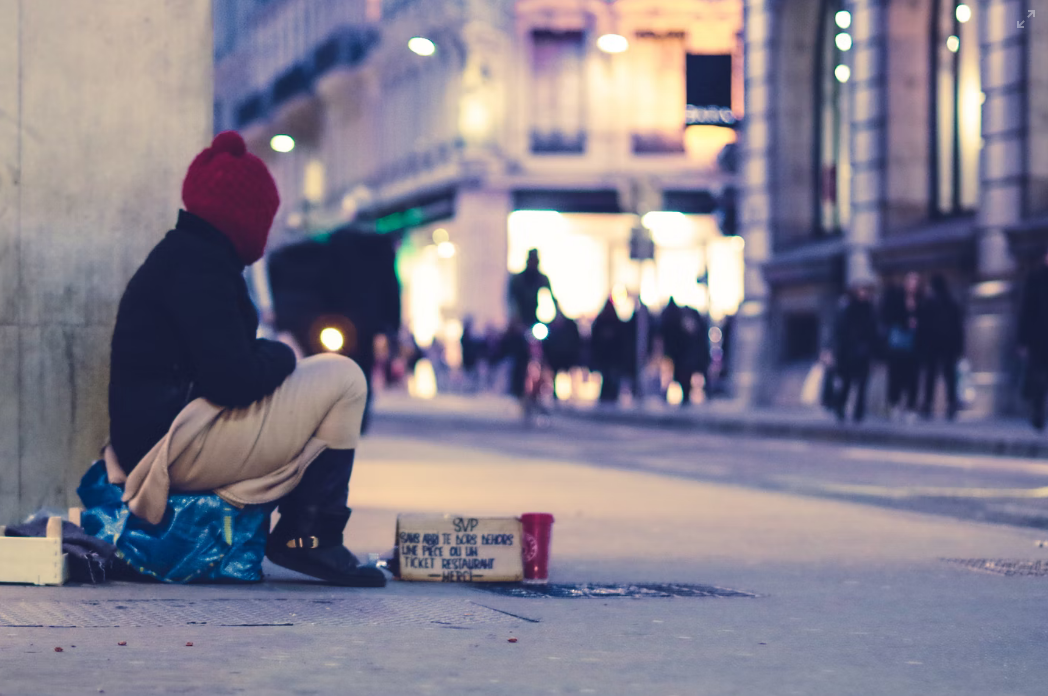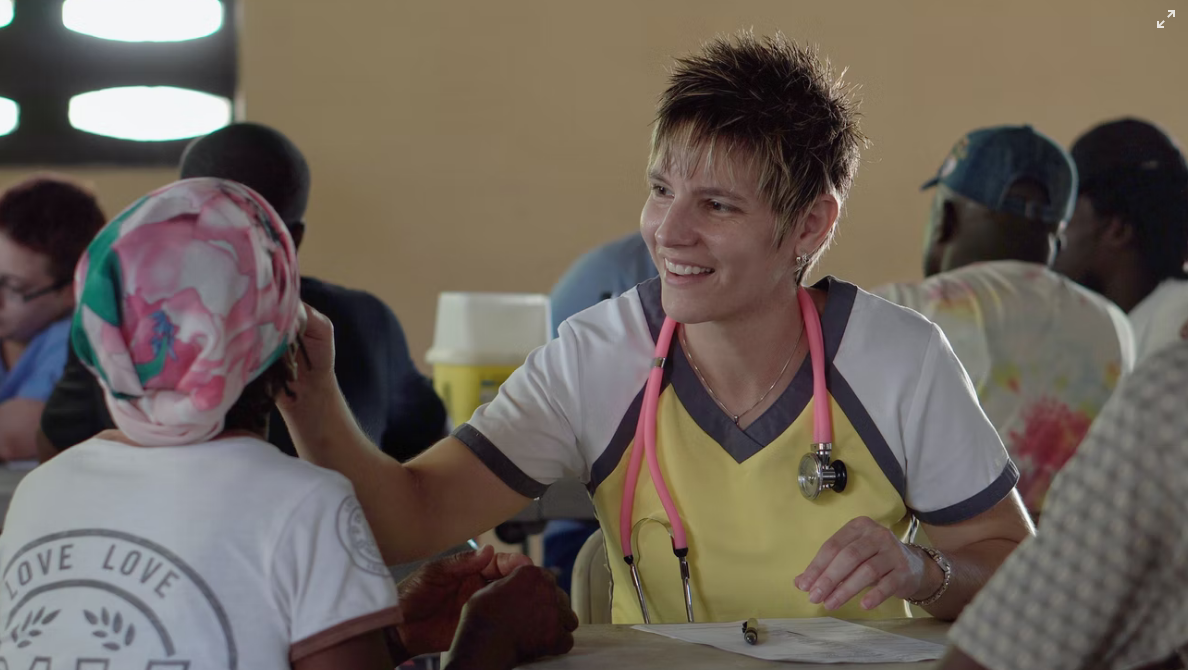Housing is one of the most important needs for human beings. Every person has the right to adequate housing with equality and non-discrimination. Homelessness has been a major social issue for a long time. While prescription assistance organizations are working to bridge the gap between homelessness and healthcare, quality medical support remains a devastating issue among homeless people.
About 580,000 people in the United States were considered homeless in 2020, 70 percent of which are individuals, while the rest account for families and children. Not having access to proper medical care decreases people’s life expectancy.
According to studies, an average homeless person will die 17.5 years earlier than a normal American citizen. These statistics explain the importance of proper healthcare, adequate housing, and prescription drug assistance to ensure a long and sustainable life.
Homelessness in the United States – Causes
Disability and Illness
Illnesses and impairments do not happen by chance, and the consequences of living through such terrible experiences all too frequently result in poverty. Physical, mental disabilities, and chronic sickness make it impossible to hold a career—and without a career, you have no way of earning a consistent income.
It’s nearly impossible to afford a place to call home if you don’t have a consistent income. On top of that, there’s also the medical debt to consider. Without financial assistance to fill prescriptions, your chronic illness or life-altering accidents may quickly cause your health to deteriorate.
Lack of Relationships
Among the most prevalent reasons for homelessness, bad personal ties with family and friends are placed among the top. It’s natural for people to hope for someone they can turn to when things get rough.
They wish to be connected to their families or friends to help them find their path in life and guide them to the right track. However, the absence of such people in a person’s life creates a significant void.
Domestic Abuse
Women who have experienced homelessness have admitted to enduring sexual and physical abuse at a certain point in their lives. Domestic violence victims are far too frequently forced to become homeless. When survivors flee their assailants, many of them often have no one to turn to, and they’re forced to live on the streets.
Aggression, sex assault, and other traumatic situations can also lead to homeless youth. LGBTQ adolescents, young pregnant people, people with disabilities, and victims of crime are identified as the most vulnerable by the authorities.
Unemployment
Not everyone is fortunate enough to secure a lucrative job in today’s culture when cutbacks and job discrimination are still prevalent. It’s tough to put yourself in someone else’s shoes, yet the fact is that anybody can endure unexpected job tragedies.
This unexpected loss of income might cause someone to fall behind on their payment, leading to bankruptcy and homelessness.
Mental Disabilities and Substance Use
People with mental disabilities can often be an easy target for substance abuse. This addiction can cause one’s social life to crumble, often leaving them homeless.
Other mental disabilities cause the inability to perform simple everyday tasks. Without proper mental disability prescription assistance, people can suffer from a lack of acceptance and may be forced to live on the streets.

Link Between Healthcare and Homelessness
Effect of Homelessness on Healthcare
Living on the streets or in overcrowded homeless shelters is exceedingly stressful, exacerbated by exposure to infectious diseases (e.g., tuberculosis, respiratory infections, influenza, and others), violence, and starvation.
Since there is no secure location to keep prescription drugs correctly, chronic health disorders such as hypertension, asthma, and diabetes worsen.
Homelessness Makes Recovery Difficult
When a person’s health is constantly threatened by street and sanctuary circumstances, even the greatest, most organized medical treatments are ineffective. If a patient must resort to these shelters or streets after release, even intensive treatment programs, prescription assistance programs, and mental health services may have no lasting effects.
Stable housing gives privacy and protection and a place to relax and recover from operations, sickness, and other diseases without worrying about sleeping or eating properly.
Conclusion
Healthcare and housing complement one other and are necessary for avoiding and resolving homelessness.
When a patient is stable in their housing, medical services tend to be more effective. Keeping the privilege of housing is also more likely with proper access to medical services. While many variables influence one’s health, secure housing is a critical factor that has a direct impact on health outcomes

About the Author
The author is a medical professional who’s done extensive research work in various mental health conditions, including ADHD, depression, and addiction. In his most recent work, he’s studied the impact of insufficient healthcare on homelessness.
Currently, he’s associated with a full-service prescription assistance organization called “Advocate My Med” that offers financial assistance for prescriptions relating to several cardiac, kidney, asthma, and mental diseases.


